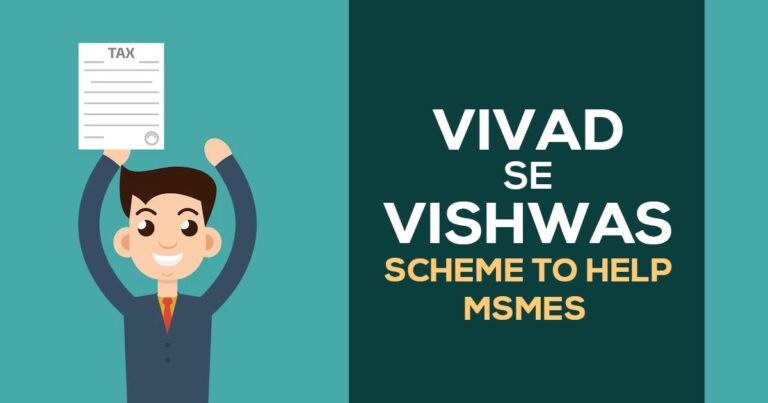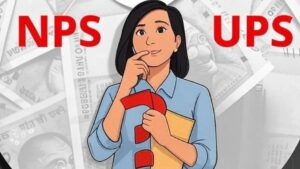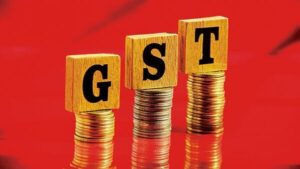Vivad Se Vishwas Scheme 2024: Key FAQs on Eligibility and Tax Disputes Explained

Vivad Se Vishwas Scheme 2024: Key FAQs on Eligibility and Tax Disputes Explained
The Income Tax Department has published updated frequently asked questions (FAQ) regarding the Direct Tax Vivad Se Vishawas (DTVSV) Scheme for the year 2024.
Vivad Se Vishwas Scheme 2024 allows you to resolve your outstanding income tax litigation cases by applying for the Vivad Se Vishwas Scheme 2024. The Ministry of Finance has published updated frequently asked questions (FAQ) regarding this scheme.
This initiative, introduced in Budget 2024, is beneficial for taxpayers seeking to resolve their outstanding income tax disputes with the Income Tax Department. It allows them to settle by paying the disputed tax amount along with an additional specified percentage.
“The objective of the Scheme is to, inter alia, reduce pending income tax litigation, generate timely revenue for the Government, and benefit taxpayers by providing them peace of mind, certainty, and savings on account of time and resources that would otherwise be spent on the long-drawn and vexatious litigation process,” says the income tax department.
We have compiled a list of frequently asked questions that taxpayers may have regarding the dispute resolution initiative known as the Direct Tax Vivad Se Vishwas (DTVSV) Scheme 2024.
1. Suppose a taxpayer is eligible for the DTVSV Scheme, 2024 as his appeal is pending as on 22.7.2024. But subsequently, before the taxpayer could file a declaration under the DTVSV Scheme, 2024, his appeal has been disposed off on merits or dismissed as withdrawn for the purposes of the Scheme. Can such a taxpayer still file declaration under the Scheme?
A. Certainly, cases of this nature qualify for resolution under the Scheme, given that an appeal was still pending as of July 22, 2024. The disputed tax will be assessed in the same way as if the appeal pending on that date has not yet been resolved.
2. Suppose a taxpayer has filed a declaration in Form I. After the declaration, the appeal has been disposed off by the concerned authority. Whether such a case is eligible for settlement?
A. Yes, such a claim is eligible for settlement.
3. Appeal filed against intimation u/s 143(1) of the Act and pending as on 22nd July, 2024 is eligible for DTVSV Scheme, 2024?
A. Certainly. Any appeal submitted in response to the notice under section 143(1) of the Act that remains unresolved as of July 22, 2024, qualifies for settlement under the Scheme.
4. Where review petitions are pending before High Courts or Supreme Courts, whether those cases are eligible for settlement under the DTVSV Scheme, 2024?
A. No. The existence of a pending review petition does not equate to the pendency of an appeal. Consequently, even if a review petition is pending as of July 22, 2024, it does not constitute the pendency of an appeal.
5. Whether any additional ground filed in relation to an appeal to be considered while computing disputed tax?
A. Any further grounds submitted on or before July 22, 2024, will be taken into account when calculating the disputed tax.
6. Can the scheme can be availed when the proceedings are pending before the Income Tax Settlement Commission (ITSC)?
The Vivad Se Vishwas Scheme cannot be utilized while proceedings are ongoing before the Income Tax Settlement Commission (ITSC). Taxpayers are not allowed to seek settlement under this scheme in such circumstances.
7. If an appeal was submitted before July 22 and accepted through the condonation of delay before choosing the scheme, is the taxpayer still eligible to benefit from this scheme?
The taxpayer has the option to pursue a settlement under the Scheme in these situations.
8. Time limit for filing of appeal expired before July 22, 2024, but an appeal along with the application for condonation of delay has been filed after this date. Can the taxpayer opt for the scheme?
An appeal must be pending as of July 22, 2024, for a taxpayer to qualify for the Scheme. Therefore, these cases will not be eligible.












